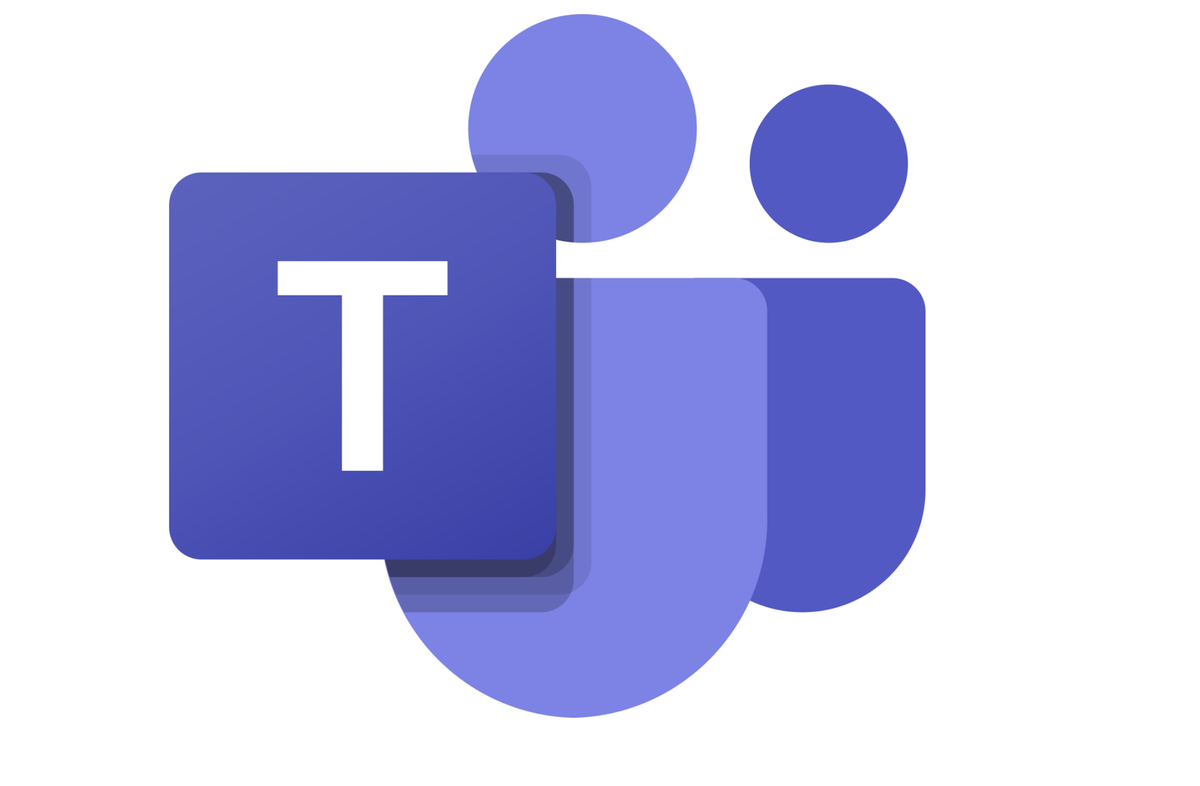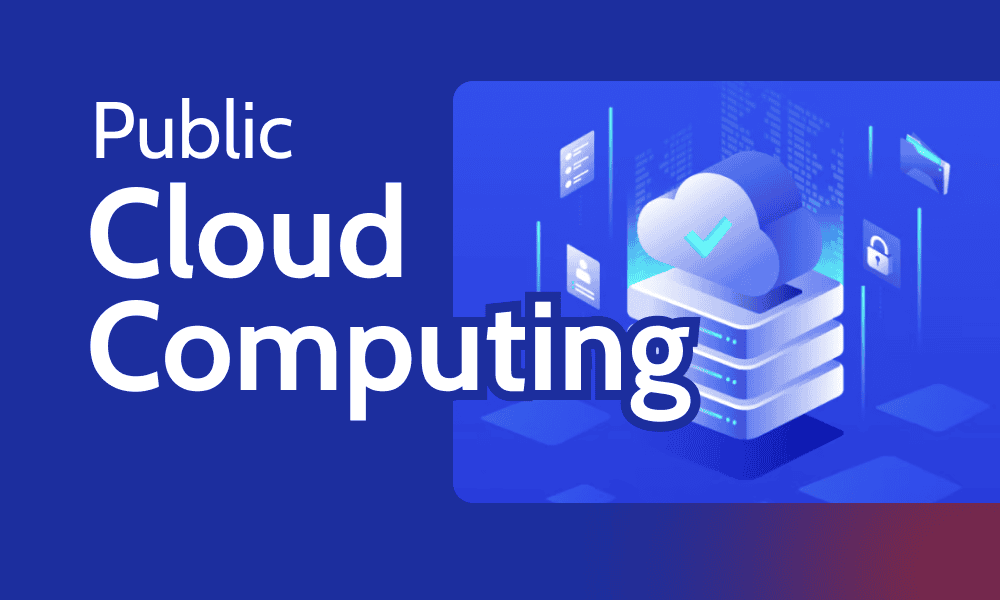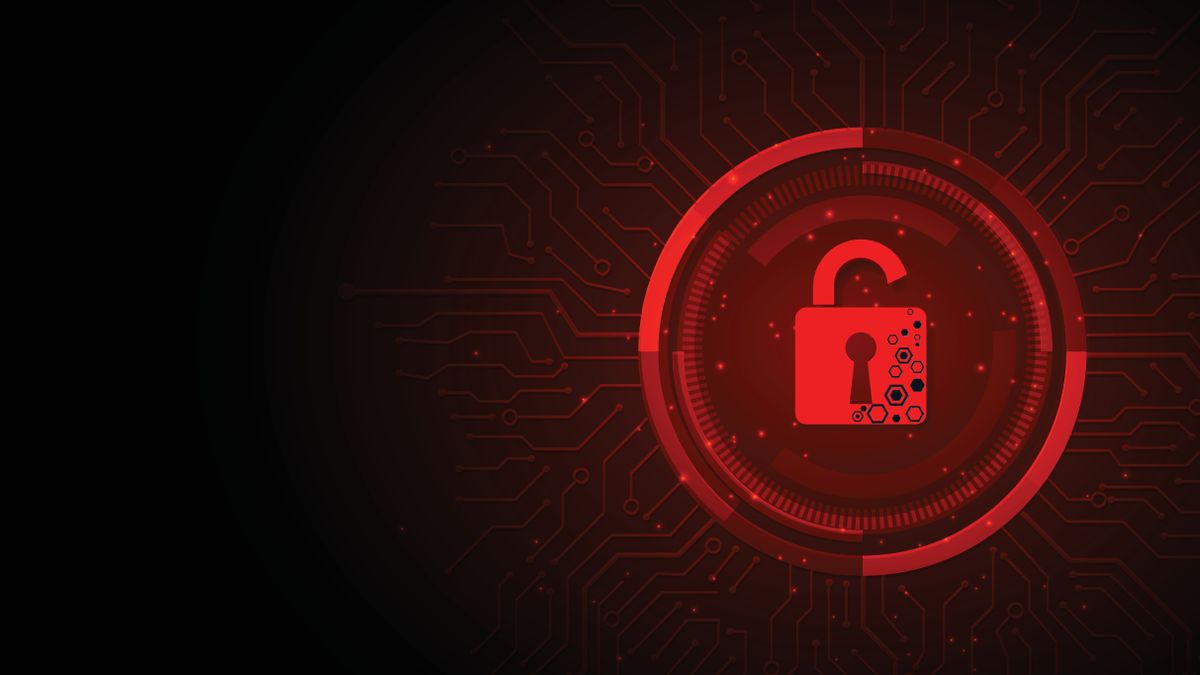Every year has its share of PR disasters, headline-grabbing hacks, and puzzling product launches. In 2024, we saw a chip giant struggle for relevance, an AI exec get in over his head, and a faulty software update brick millions of PCs. And let’s not forget Elon’s antics. Here are some of the top fails from the year and a few honorable mentions for notable 2024 facepalms.
1. Intel’s Terrible, Horrible, No Good, Very Bad Year
This will go down as Intel’s worst year in recent memory. The board booted out CEO Pat Gelsinger, who was once hailed as Intel’s savior. The chip maker was also forced to lay off 15,000 employees. And it’s struggled to respond to demand for AI GPUs, a market Nvidia has been dominating. On top of all this, Intel’s reputation for PC desktop chips took a serious hit after admitting that its “Raptor Lake” processors suffered from a voltage bug capable of damaging the silicon. Although Intel pledged to replace the affected processors, many PC builders flocked to rival AMD and its Ryzen 7 9800X3D gaming processor. Here’s hoping Team Blue makes a comeback in 2025; the industry could use more competition in PC chips and graphics cards.—Michael Kan
2. China’s ‘Salt Typhoon’ Hack
It looks like China has the power to spy on your phone calls, texts, and possibly more. A Chinese-linked hacking group known as “Salt Typhoon” breached at least eight US telecommunications companies in a campaign that’s potentially been going on for two years, according to White House officials. What makes the hack especially disturbing is that Salt Typhoon hackers likely remain in US networks as federal investigators try to uncover the full scope of the scheme. The only good news is that Salt Typhoon is focused on high-profile politicians, including Donald Trump, rather than average Americans. But it could take months or even years for the US to sort out the extent of the hack, and to shore up the country’s telecom networks. —Michael Kan
3. National Public Data Breach
It was never a good idea to allow any company to buy and sell people’s personal data. Unfortunately, the woeful state of data privacy in the US was on full display in 2024 when a little-known background check company called National Public Data lost as many as 272 million Social Security numbers to a hacker. The stolen database, which also included full names, addresses, and dates of birth, was leaked on a hacking forum this summer, giving scammers a valuable trove of data to exploit for identity theft schemes and other kinds of fraud. The company behind National Public Data has since shut down and is facing investigations and class-action lawsuits from across the country. But the damage is done. Millions of Americans now have another reason to worry about their privacy.—Michael Kan
4. CrowdStrike Kernel Update Causes Global Chaos
CrowdStrike-related error message at Madrid’s airport (Photo by Diego Radames/Anadolu via Getty Images)
In July, we learned just how reliant the world is on a handful of companies in the tech space when cybersecurity firm CrowdStrike released a faulty kernel-level update. It crashed 8.5 million Windows PCs, which displayed the “blue screen of death” and unleashed global chaos.
Over 2,700 flights were cancelled, US border checkpoints had to temporarily ditch their digital systems, FedEx and UPS packages were delayed, Social Security offices and DMVs came to a standstill, and healthcare facilities switched to manual operations. It also delayed some transit systems, caused brief 9-1-1 outages, and took down some payment systems. Delta Air Lines and CrowdStrike shareholders have since sued CrowdStrike over the faulty update. And Microsoft is prepping a Windows “Quick Machine Recovery” mode that will let IT administrators remotely fix a Windows machine even if it’s unable to boot.—Kate Irwin
At its Build developer conference this spring, Microsoft unveiled an AI-powered “Recall” feature for Windows PCs that takes snapshots of your activity so you can easily return to it at a later date. But it prompted concern that Recall could be compromised to expose user data or record passwords and financial data. Microsoft clarified that Recall is stored locally, but it still delayed the launch, beefed up Recall’s settings options, and made the feature opt-in by default for business users. In late November, Microsoft finally launched the feature for Windows 11 Insiders only, to gather feedback and potentially make more tweaks. But failing to address those security concerns upfront was an embarrassing black eye for Redmond.—Kate Irwin

Recall (Credit: Microsoft)
6. Internet Archive Breached, Taken Offline
The archival Internet Archive platform experienced a DDoS attack in October that may have exposed 31 million users and took down the site for days. And the site didn’t restore full functionality right away when it came back online. A hacker who claimed responsibility for the attack said he did it because the US supports Israel and the Internet Archive is a US site. The hacker also called the US government “horrendous and hypocritical” in a statement. Thankfully, the Internet Archive’s operator, Brewster Kahle, has said that “the data is safe,” but the fact that the DDoS attack took the entire platform offline was an ominous fail that did little to calm concerns about our ability to preserve internet history.—Kate Irwin
7. AI Devices DOA

Rabbit R1 (Credit: Eric Zeman)
For a brief moment amid this year’s AI hype, a few startups imagined a new way to use it, and quickly crashed and burned. Rabbit and Humane both developed hardware with an AI-powered voice assistant inside. The idea? Free us from staring at cell phone screens by offering a more intuitive, always-available way to interact with the tech. The devices immediately garnered negative reviews. We gave the Rabbit R1 a 2/5 rating, finding that it couldn’t compete with or replace the widely available smart assistants that are already in our pockets. The Humane AI Pin, meanwhile, was slow to respond in our hands on at MWC, and the company was reportedly looking for a buyer shortly after launch. Apple may have a better shot with its revamped version of Siri, coming in 2026.—Emily Forlini
Recommended by Our Editors
8. JuiceBox Abruptly Shuts Down
EV owners were blindsided when one of the most popular home charger companies suddenly pulled the plug on its US business in October. EU-based JuiceBox posted a message to its website that basically said: “Sorry, but the hardware installed in your garage will no longer be supported in a few weeks. It’ll still charge the vehicle, but forget about any mobile app monitoring or over-the-air updates. And that public JuiceBox charger in your local grocery store parking lot? That’s just not going to work at all.” After some serious backlash, JuiceBox parent company EnelX signed a deal to prolong software support, but the ordeal underscores how you never truly own a software-defined piece of hardware.—Emily Forlini
9. Is That ‘Her’? Sam Altman vs. Scarlett Johansson
We don’t typically write about celebrities, but then Sam Altman ticked off Scarlett Johansson. The OpenAI CEO marketed the company’s Voice Mode feature as a real-life version of the 2013 movie Her, in which Johansson plays the voice of an AI named Samantha. But after a May demo of the tech featured a voice that sounded a lot like Johansson, the actress claimed that she declined Altman’s request to train the model on her voice. OpenAI denied using Johansson’s voice; it said it hired a separate voice actor for the role of “Sky.” Still, the company disabled that voice option, and Sky was not one of the voice options when Advanced Voice Mode rolled out this fall.—Emily Forlini
10. Elon Musk: Politically Neutral No More

Musk at a Trump rally at Madison Square Garden (Photo by ANGELA WEISS/AFP via Getty Images)
Days after he announced plans to acquire Twitter in 2022, Elon Musk argued that the platform needed to be “politically neutral” in order for it to “deserve public trust.” This approach, he said, “effectively means upsetting the far right and the far left equally.” In March 2024, he also pledged to not donate to either US presidential candidate, but by July, he’d changed his tune dramatically, swapping neutrality for MAGA hats. “If we want to preserve freedom and a meritocracy in America, then Trump must win,” Musk tweeted in September. He seized the @America X handle to promote Trump, donated millions to his campaign, shared doctored and misleading clips of VP Kamala Harris, and is now working closely with the president-elect on an effort to cut government spending, which is most certainly a conflict of interest given his government contracts. Some have even suggested that he become Speaker of the House since you don’t have to be a member of Congress to hold that position. The shift sent many X users to alternatives like Bluesky, Threads, and Mastodon in the days after the US election.—Chloe Albanesius
HONORABLE MENTION:
-
Ads on Prime Video: In January, Amazon rolled out ads to all Prime Video members and forced them to pay an extra $3 per month to get rid of them, with more to come in 2025.
-
Canada vs. Flipper Zero: In March, Canada tried to ban the Flipper Zero hacking device to crack down on car thefts. But following backlash from Flipper Devices and hobbyists who said Canada had no idea what it was talking about, Canada backed off.
-
AT&T Data Leak: Another day, another breach. In March, AT&T reset passcodes for roughly 7.6 million of its current customers after the codes were released on the dark web.
-
Third-Party Cookies in Chrome Remain: So you want to stop being tracked on the web? Good luck; even Google can’t figure it out. After four years of promising to phase out third-party cookies, Google gave up and is trying a choice-based offering.
-
We Will Not RockYou as Much as You Thought: “10 Billion Passwords Exposed!!” is a pretty startling headline. But analysis of the RockYou 2024 database leak found that it was mostly full of junk that’s of little use to hackers.
-
Kaspersky Replaced by UltraAV: After the US Commerce Department banned sales of Kaspersky’s antivirus software in the country, the Moscow-based firm shut down its US office and abruptly shifted users to UltraAV.
-
Kindle Colorsoft Yellow Bar: “There’s a lot to like about Amazon’s Kindle Colorsoft Signature Edition, including its colorful E Ink screen, waterproof design, and ad-free lock screen,” we said in our review. But there’s just one problem: a “distracting yellow tinge” that prompted Amazon to delay shipments of its newest ereader.
-
Bumpy Tesla Supercharger Expansion: Tesla started allowing other EV brands to charge at its Supercharger stations this year, but the rollout was slower than expected, in part because Tesla decimated its Supercharger team with a huge round of layoffs.
-
Apple Intelligence’s Underwhelming Rollout: Apple was late to the AI game, but surely its solution was worth the wait, right? Not exactly. When we finally got our hands on Apple Intelligence in October, the Writing Tools and small upgrades for Siri weren’t exactly revolutionary. December’s iOS 18.2 update added ChatGPT and some other perks, but it still seems like a work in progress.
-
Bank of America Zero-Balance Glitch: Bank of America gave its customers a collective heart attack in October when some accounts temporarily showed $0 account balances. The company fixed the glitch, but didn’t say what happened.
-
US Companies Accidentally Hiring North Koreans: Remote work allows companies to hire people from all corners of the world, and hackers know it. The feds this year warned about scams whereby North Koreans get remote IT jobs with American companies in order to steal sensitive data or rake in money that goes straight to the North Korean regime.
-
OpenAI Executive Exodus: OpenAI had a big year, but a number of its top execs headed for the exits, including: co-founder Ilya Sutskever, who started his own “Superintelligence” company; Jan Leike, who is now at rival firm Anthropic; CTO Mira Murati, who is also working on her own startup; Chief Research Scientist Bob McGrew; and VP of Research Barret Zoph.
-
Chatbots Encouraging People to Kill Themselves: The mother of a 14-year-old who died by suicide sued Character.AI because it encouraged her son to harm himself, she says. Google’s Gemini, meanwhile, told a graduate student to “please die” when he was asking questions for a research project.
Get Our Best Stories!
This newsletter may contain advertising, deals, or affiliate links.
By clicking the button, you confirm you are 16+ and agree to our
Terms of Use and
Privacy Policy.
You may unsubscribe from the newsletters at any time.

About Michael Kan
Senior Reporter

Read the latest from Michael Kan
About Emily Dreibelbis Forlini
Senior Reporter

Read the latest from Emily Dreibelbis Forlini
About Kate Irwin
Reporter










